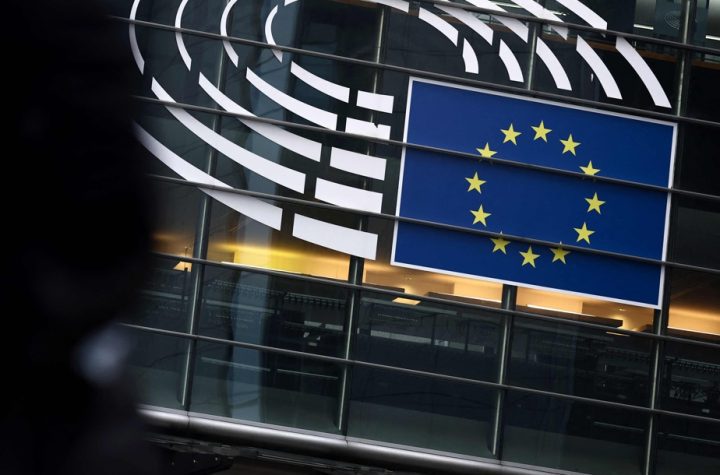
(Montreal) Researchers from the Quebec Institute suggest that the Quebec government should take advantage of its increased revenues to introduce free education in the post-secondary sector.
Posted yesterday at 3:23 pm.
In its study published on Wednesday, the Institute for Socioeconomic Research and Information (IRIS) stated that the indexation of tuition fees no longer holds its place as a method of financing universities.
The authors of the study calculated that free education in Quebec costs 1.2 billion, which they claim is less than 0.9% of the total expenditure of the Quebec budget.
Samuel Ely-Lesage, associate researcher at IRIS and co-author of the study, argues that not only is free education financially beneficial, but the high fees and the prospect of going into debt have the disincentive effect of discouraging future students from continuing their studies. , especially those with little money.
In addition, the need for students to pay back their loans drives many of them toward higher-income jobs, regardless of their true social benefit.
The Institute for Socio-Economic Research and Information reports that free or low-fee education is already the norm in several countries, including France, Denmark, Finland, Norway, Sweden, Iceland, Argentina, Brazil and Uruguay.
Eric Martin, another co-author of the study, invites us to abandon the belief in public discourse that indexing is a reasonable compromise. He recalled that Germany had approved the abolition of tuition fees in 2013 to deal with the financial uncertainty of the studying public. Meanwhile, Mr. Martin notes that in the United States, tuition fees have risen by about 500% since 1985 and student debt has exploded.
On the other hand, Eric Martin believes that universities will never need to inject more resources to face international competition. This, according to him, is a concept that serves to legitimize the increase in tuition fees under the pretext of underfunding.








